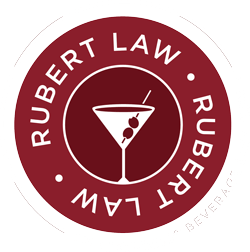Florida law allows for the taxation of certain kinds of products. There are specific state taxes that apply to alcohol, gasoline and tobacco products, along with many other consumer goods. To enact and collect a tax on certain products, government authorities and regulatory agencies need to follow a specific procedure and abide by state law.
Sometimes, organizations and agencies may overstep their authority. According to a case recently filed for administrative review in Florida, it’s possible that the Division of Alcoholic Beverages and Tobacco (DABT) may have violated existing rules by imposing certain taxes, a decision which may have resulted in millions of dollars in annual tax revenue without statutory justification. In other words, businesses that sell certain types of products may have overpaid taxes and could be entitled to a refund or at least a reduced tax burden going forward.
The claim in this case relates to hookah products
Florida law addresses multiple different categories of tobacco products, all of which may be subject to tax. The DABT has collected taxes from companies that sell hookah products by treating them like other tobacco products. After years of paying other tobacco product taxes on hookah sales, some parties have started to push back and have requested a review of the policy, a reversal of the existing practice and a refund of the taxes paid on hookah products inappropriately classified as other tobacco products. A lawsuit requesting a review of this practice has outlined how the tax currently applied is inappropriate.
Another example of this tax issue involves blunt wraps, a tobacco product used for rolling individual cigars/cigarillos. These products were previously classified as a type of loose smokable tobacco, but that was later changed upon review. Tobacco taxes did not apply to the blunt wraps sold in a retail setting, and they may not apply to hookah products either after the state reviews this claim.
Language and regulatory authority both matter
When it comes to cases involving business and sales taxes, the details can cost individual companies and also Florida taxpayers millions of dollars annually. Effectively establishing whether or not a tax applies to certain products and challenging when regulatory agencies miscategorized items may benefit businesses by decreasing their tax obligations and potentially maximizing their profit margins.
Businesses that track and appropriately adhere to changes in state regulatory practices can more easily comply with state law while avoiding unnecessary costs and taxes. Seeking legal guidance in the event of overpayment is often a good idea.
